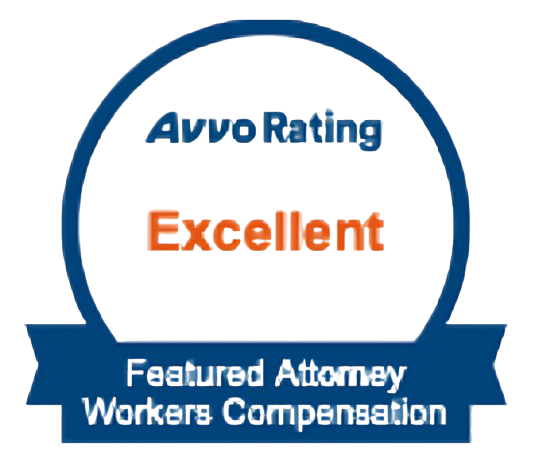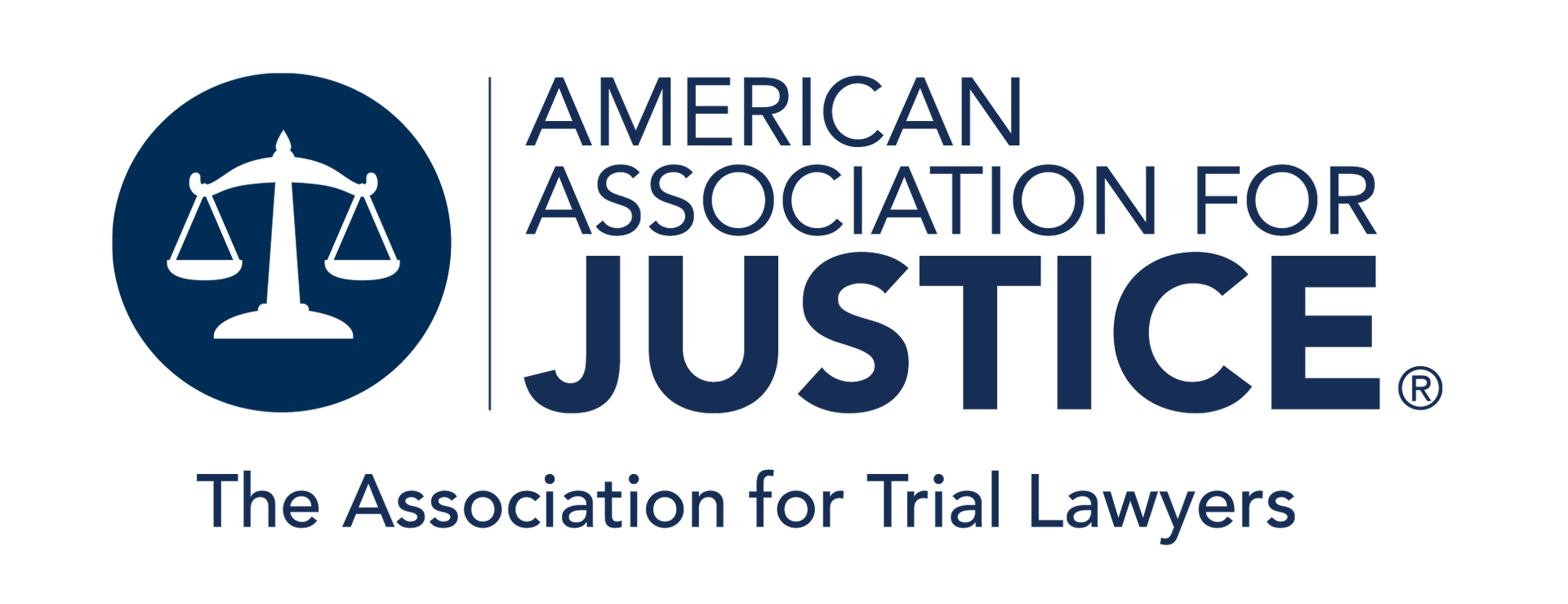Workers’ compensation laws can often feel complex and daunting. Yet, it’s reassuring to know that in most cases, workers can still receive benefits, even if they're partially at fault. Understanding your rights and navigating the claims process is essential for securing the compensation you deserve.
Workers' Comp as a No-Fault System
In the majority of states, workers' compensation operates under a no-fault system. This means that employees do not need to prove negligence on the part of their employer to receive benefits. As long as the injury occurred within the scope of employment, your medical expenses and lost wages should typically be covered. This system is designed to ensure that workers can recover without the added stress of litigation.
Challenges from Employers or Insurers
Despite the no-fault nature of workers' comp, claims can still be challenged by employers or insurance companies. Common arguments include assertions that the injury wasn't work-related, there isn't enough evidence to support the claim, or the incident was reported too late. It's crucial that employees diligently document every aspect of the incident and seek legal assistance when facing such resistance.
Exceptions to the Rule
While workers' compensation is designed to be a safety net, there are critical exceptions where compensation may be denied. For instance, if an injury is due to intoxication from alcohol or drugs, or resulted from willful misconduct, such as intentionally violating safety rules, benefits can be withheld. These exceptions are strictly enforced to maintain safety and responsibility in the workplace.
What to Do if Your Claim is Denied
If your claim is denied, it’s important not to lose hope. Many initial denials can be overturned with additional evidence or legal representation. Gathering more documentation and seeking professional advice can be pivotal. Remember that persistence is key – being at fault for a workplace incident does not automatically disqualify you from receiving benefits.
Ultimately, understand that while facing a workplace injury can be overwhelming, most systems are in place to support you. Ensure you are well-informed of your rights, act diligently, and seek legal assistance when necessary to effectively navigate any challenges.







